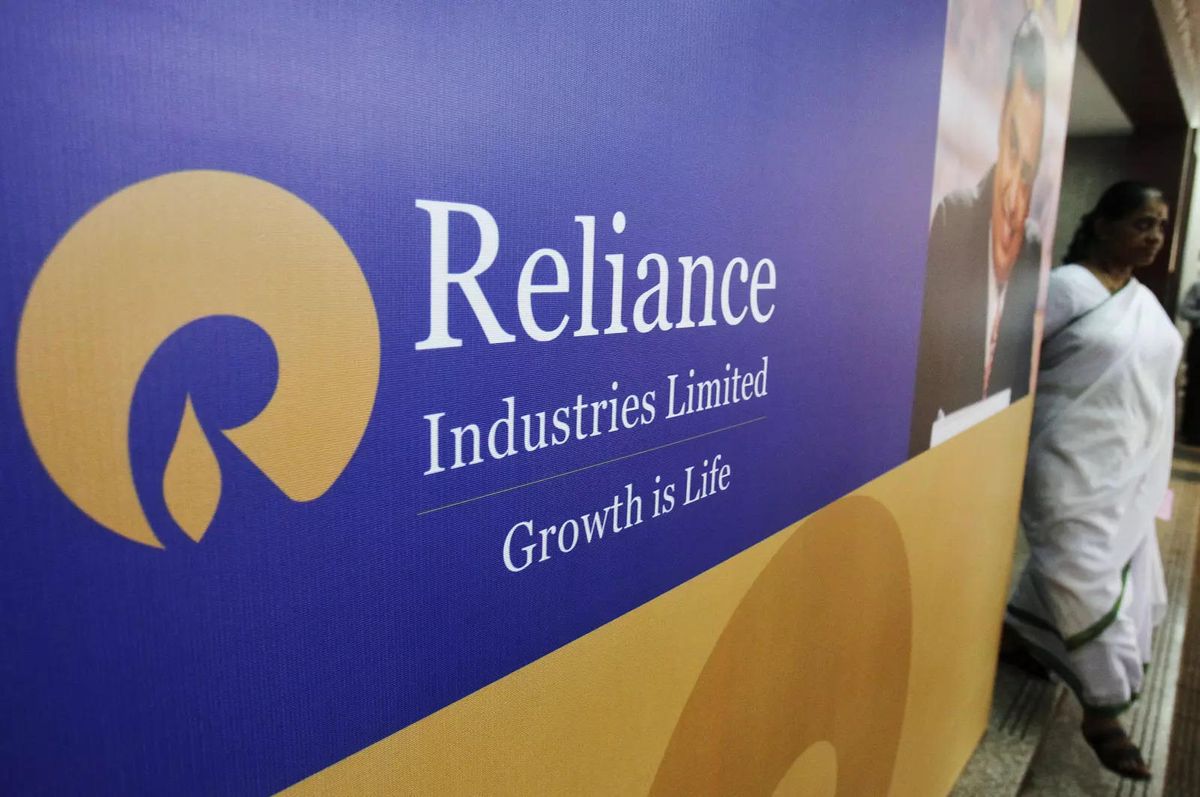Amazon and Reliance Industries’ battle for the Indian market heats up

A few minutes every morning is all you need.
Stay up to date on the world's Headlines and Human Stories. It's fun, it's factual, it's fluff-free.
The deal between Reliance and Future is ultimately about the future of the retail industry in India, which is home to almost 1.4 billion people.
Tensions continue to escalate in the retail battle between Jeff Bezos’ Amazon.com, Inc. and Mukesh Ambani’s Reliance Industries Limited after a verdict last week that makes a deal for Reliance more likely to succeed.
The deal between Ambani’s Reliance and the Indian retailer Future Group Company is critical if Reliance hopes to gain control over the retail space in India, the only market of its size available to foreign companies and one that Amazon is eager to gain ground in.
What’s the feud about?
Last October, Amazon accused Future Group of violating the terms of an agreement made between the companies in 2019 when Amazon bought into one of Future’s unlisted firms. The agreement would have given Amazon the opportunity to buy into Future Retail, Future Group’s public listing, after a few years. But after the pandemic increased its financial burden, Future announced it had reached an agreement with Reliance.
Future has more than 1,700 retail outlets in 400 cities in India, with about 1,300 of them selling groceries. This makes the company a high-profile asset for Amazon and Reliance, which are both trying to establish dominance over the retail market in the country. India’s retail market is expected to reach an annual US$1.3 trillion over the next four years, with groceries being worth about US$740 billion annually.
For Reliance, the acquisition of Future’s assets would practically triple its presence in the grocery space, as well as facilitate e-commerce. Amazon’s intention to partner with Future is part of a long-term plan to improve its grocery delivery supply chain.
The deal between Future Group and Reliance is worth US$3.4 billion. Future’s lawyers argue that the deal is the company’s only path away from bankruptcy.
The legal fight
Amazon alleges that Future has violated the terms of their 2019 agreement by engaging in a deal with Reliance. Future, though, has argued that the deal with Reliance is with Future Retail, while the agreement with Amazon was with one of Future’s firms.
Amazon is also making a broader argument against India itself, hinting that if India doesn’t enforce business contracts like this one, it would mean business contracts in general aren’t taken seriously in the country, which might cause foreign investment to dry up.
An arbitration court in Singapore ruled in Amazon’s favor last October when it ordered that Future halt the sale to Reliance. Future and Reliance hinted that they might continue with the sale anyway, arguing that the arbitration court’s ruling was not binding.
Amazon then turned to the Indian courts, asking them to both uphold the arbitration court’s ruling and detain Kishore Biyani, Future’s founder, if the company decided to continue with the sale to Reliance. A judge in the Delhi high court agreed, blocking the sale.
Then, on February 8, the Delhi high court overturned the judge’s ruling in an interim decision, allowing Future to go ahead with the asset sale. The bench also rejected the request by Amazon to suspend the deal for a week so that alternative solutions could be explored.
Amazon has now turned to India’s Supreme Court, arguing that the decision made by the Delhi high court was premature and that the court should have waited for the detailed order made by the single judge before overturning the decision. Meanwhile, the case in the Delhi high court will continue, with the next hearing scheduled to take place on February 26.
With no indication that either legal team will be backing down from the fight any time soon, the battle between Amazon and Reliance is likely to continue. However, with Jeff Bezos stepping down from his post as Amazon’s chief executive officer later this year, to be replaced by Andy Jassy, the competition between the two giants could bring in some new players.
Implications of the final verdict
The deal between Reliance and Future is ultimately about the future of the retail industry in India, which is home to almost 1.4 billion people. A win for Amazon would provide room for other foreign companies to expand in the market, while a win for Reliance would effectively close off that opportunity in the coming years.
But of the three companies, the final verdict has the most serious implications for Future Group. Future’s lawyers claim that if the deal is not made, the company will go bankrupt.
“Please don’t allow this American Giant to kill Future,” said one Future lawyer.
Have a tip or story? Get in touch with our reporters at tips@themilsource.com




Comments ()